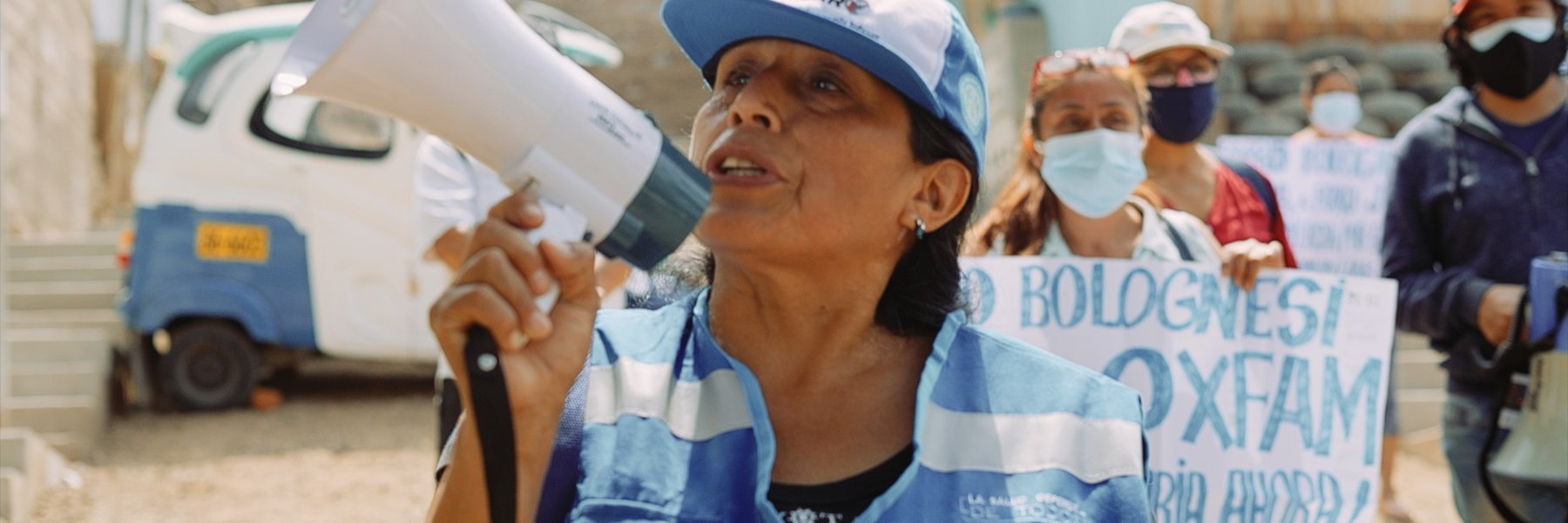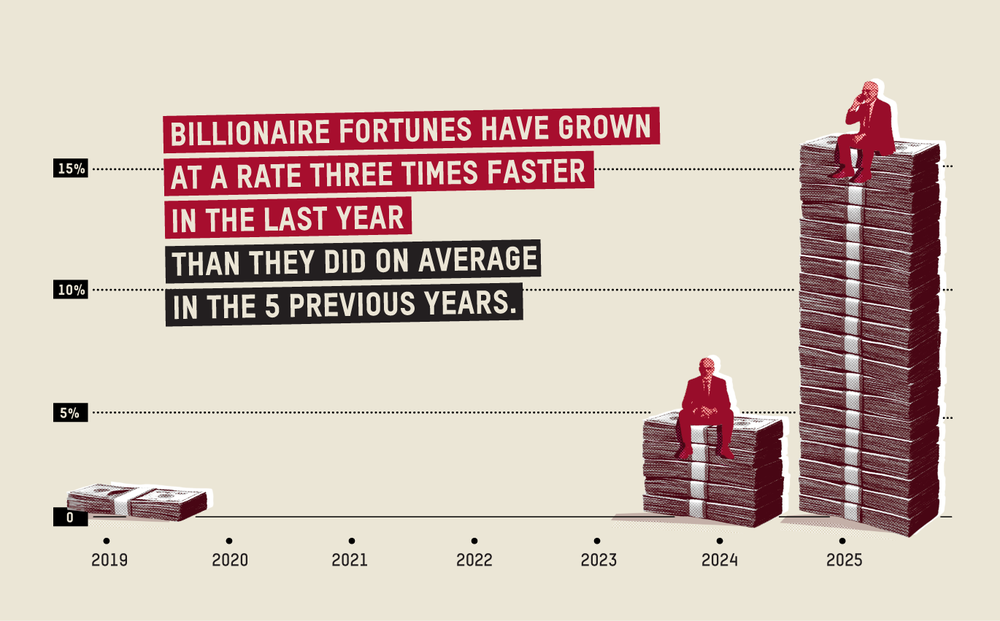
Janet Fuentes, health activist, Peru. Image: Miguel Villalobos
It's an insult when money is more important than people's lives.”
Janet Fuentes, health activist, Peru.
Fight inequality
The majority of the world is living through a cost-of-living crisis that simply won’t go away. Millions of people are facing hunger, increasing bills and impossible rises in the cost of basics. But it doesn't have to be this way.
The truth about inequality
What can you do?
What is inequality?
How did we get here?

Does this inequality affect the climate crisis?
Why does Oxfam work to tackle inequality?
Photo: Kieran O'Brien
How do we work in Scotland and Wales?
Devolution means that some legislative and executive powers are shared. Instead of every decision being made at Westminster, different responsibilities are transferred to the Scottish Parliament in Edinburgh and the Senedd Cymru in Cardiff.